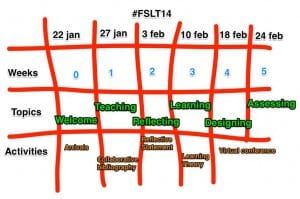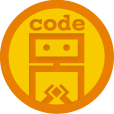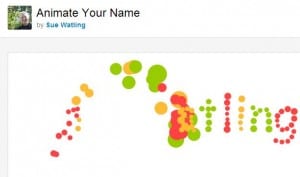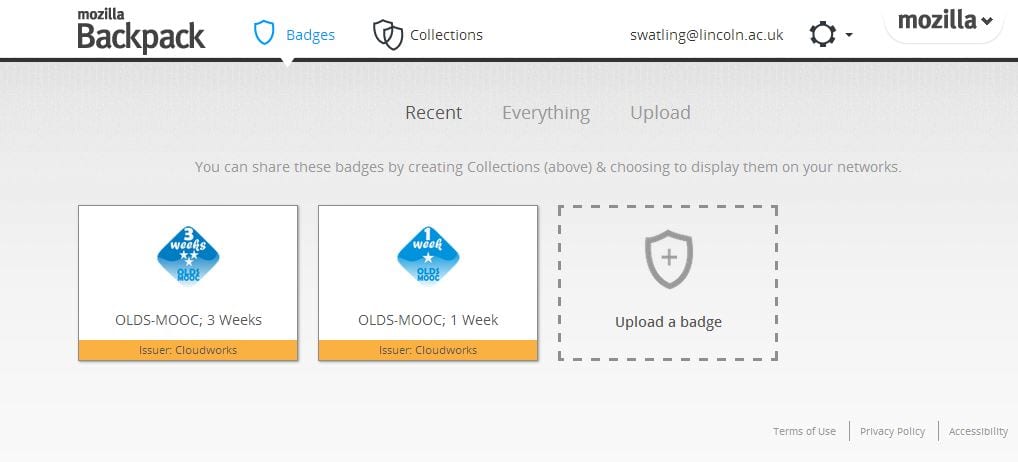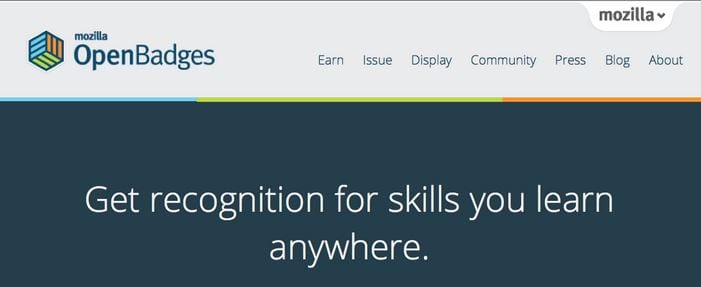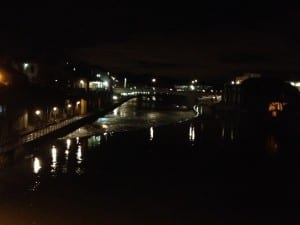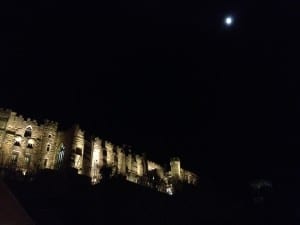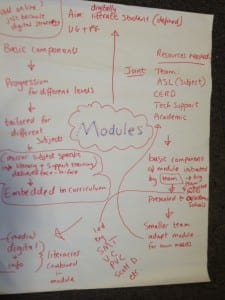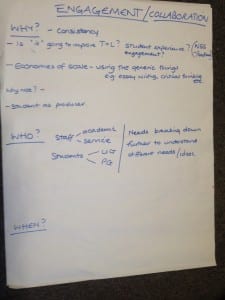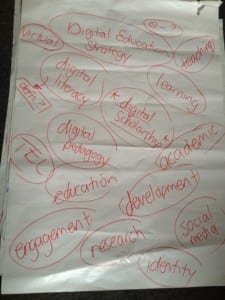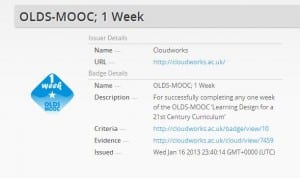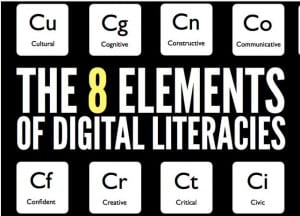#FSLT14 is doing what MOOC do best. Sharing practice. I’m learning so much. And having fun. My brain is boosted and bursting. Reluctantly, I’ve dragged myself out of Week 2 Reflection but the Week 3 forum on learning is no less inspiring. Part of the knack of MOOC – I think – is not do it all but focus on a section. Make it manageable. I’m practicing what I preach – for once – and am still in there, four weeks on. Must be a record. Here’s a snapshot of the language from my MOOCing experience.
…learning as ‘insatiable curiosity’, teachers as ‘perpetual students’, a ‘patchwork text’ for online discussions, double and single learning loops, transformations, the issue of unlearning, loving learning, being curious, and best of all – a discussion around information, knowledge and wisdom triggered by TS Eliot in Choruses from The Rock:
“Where is the wisdom we have lost in knowledge? Where is the knowledge we have lost in information?”
A passionate teaching and learning community and Eliot too – what’s not to like!
This is an interesting time. FSLT14 is splitting me between teacher and student. Over on Teaching and Learning in a Digital Age (TELEDA) the last learning block; online assessment and feedback started today. Teaching and learning online is a challenge – for students and tutors. But – TELEDA is one of the best learning initiatives I’ve been privileged to be involved in. The seed was sown in 2012 during Embedding OER Practice http://oer.lincoln.ac.uk piloted in 2013 and is now up and running with a second module under development.
The student experience on FSLT14 is like an echo from TELEDA. I find myself thinking the same things colleagues are expressing on the course. Too much text, can’t find my way around, sorry it’s late, the link’s broken, don’t like the VLE, it doesn’t look nice, I’ve fallen behind, sorry again and in the middle of it come the highlights …this is great – I’m so glad I enrolled, it’s really making a difference – thank you.
Reflecting on the duality of FSLT14 and TELEDA I’m concluding learning works best when the learner wants it to. Where people are disinterested and disengaged, learning is unlikely to take place.
